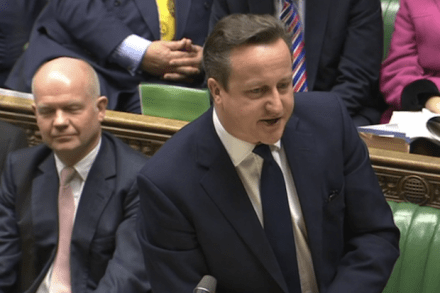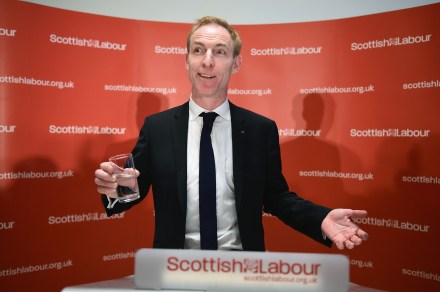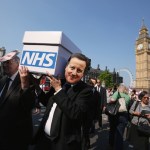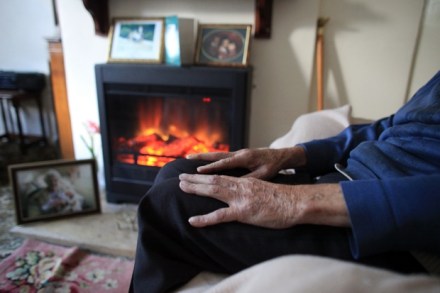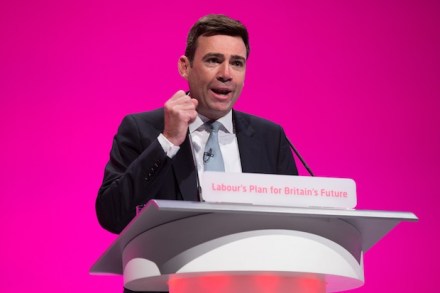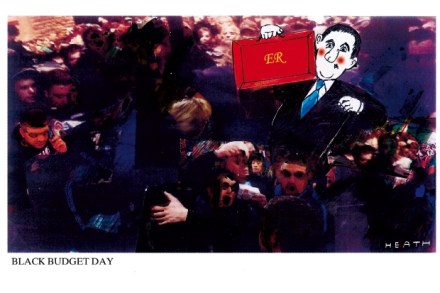Letters: The silencing of Meirion Thomas; finding the Cross of St George in Tuscany; and healthy scepticism about NHS privatisation
This turbulent surgeon Sir: I have taken Meirion Thomas to task before in your letters pages, saying that since one third of NHS professional staff are immigrants, it would seem churlish to deny health visitors access to the very doctors we have poached from them. Meirion Thomas is not a whistle-blower (‘Bitter medicine’, 3 January) — he has not told us anything that our own prejudices haven’t already informed us of. And quite rightly he is being encouraged by his colleagues to zip it. Is there any business, let alone political party, that would tolerate such pointless, if not divisive, mudslinging from within? Dr Tom Roberts Derby Medical cover-ups Sir: Freddy




